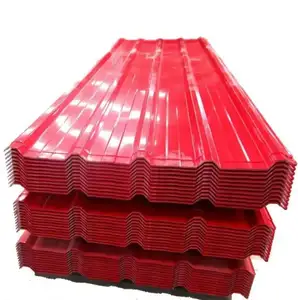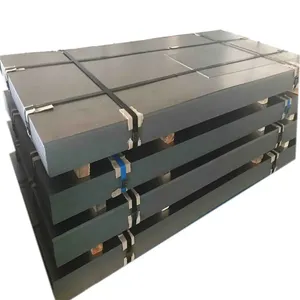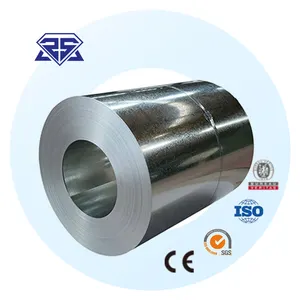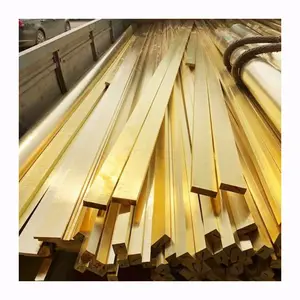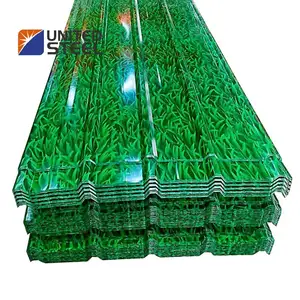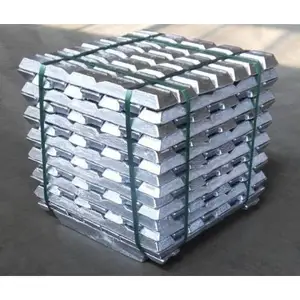Popular in your industry
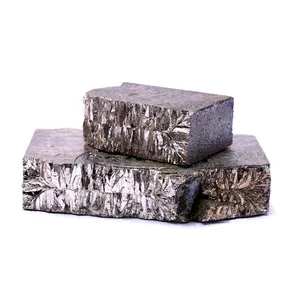




















































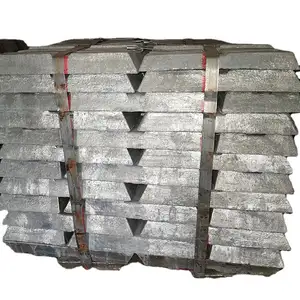



Related Searches:











































Top categories
About zinc ingot lme registered
In the realm of industrial material procurement, especially within the battery sector, the caliber and purity of foundational metals are crucial. A zinc ingot LME registered exemplifies such a resource, providing the confidence in quality and uniformity associated with the London Metal Exchange (LME) endorsement. These ingots consist of unalloyed, primary zinc, free from admixture with other metals and not reclaimed from prior use, guaranteeing superior purity.
Types of Zinc Ingots and Their Characteristics
Within the zinc ingots LME registered category, there exists a diversity of types, each designed to meet distinct industrial requirements. Notably, Special High Grade (SHG) zinc ingots are distinguished by their extraordinary purity, a necessity for precision-dependent tasks such as die-cast alloy production, galvanization, and brass manufacturing. Other varieties, like Prime Western (PW) and High Grade (HG) zinc, offer slightly less purity than SHG but still deliver reliable performance for uses where absolute purity is not imperative. The malleability and corrosion resistance of these ingots render them indispensable in a wide array of industrial operations.
Structure and Operation of Zinc Ingots
The structural design of a zinc ingot LME registered prioritizes stability and ease of manipulation. Commonly, these ingots are shaped into standardized slabs or bars to simplify storage and transportation. They possess a homogenous composition, essential for consistent performance during melting and casting. In practice, zinc ingots are melted, often at high temperatures, and then cast into molds or employed in alloying to produce various zinc-based commodities.
Materials and Properties of Zinc Ingots
The constituent material of a zinc ingot LME registered is pure zinc, selected for its attributes such as a low melting point, adaptability, and its capacity to shield other metals from corrosion via galvanization. The unadulterated nature of LME registered zinc ingots ensures the optimization of these properties, making them the preferred choice for applications where such traits are pivotal. The advantages of employing pure zinc include an extended lifespan of the resultant products and heightened efficiency in industrial processes.
Business Usages and Applications of Zinc Ingots
Zinc ingot LME registered is utilized across a broad spectrum of commercial applications. In the automotive sector, for instance, zinc is employed to galvanize steel, warding off rust. The construction industry uses zinc for roofing and cladding due to its anti-corrosive properties. In electronics, zinc is integral to battery production, where the high purity of LME registered zinc is crucial for fabricating high-quality, dependable batteries. These uses not only generate business value but also enhance the longevity and robustness of consumer goods.
Functions of High Purity Zinc Ingots
The fundamental role of a zinc ingot LME registered is to act as a base material that is transformed into a variety of products. Its elevated purity level renders it ideal for roles that demand a metal with minimal contaminants, such as alloy production, electroplating, and the aforementioned galvanization. Zinc's amenability to being alloyed with other metals also facilitates the creation of materials with bespoke properties for particular industrial uses.
Features of LME Registered Zinc Ingots
Salient features of zinc ingot LME registered include their uniform quality, assured purity, and conformity with international benchmarks. These attributes distinguish them from non-registered counterparts, offering enterprises a dependable base metal that satisfies rigorous standards. The traceability of LME registered ingots further adds a dimension of security for businesses, ensuring that the materials they employ are not only of superior quality but also sourced responsibly.
Benefits of Using LME Registered Zinc
Employing zinc ingot LME registered in manufacturing yields numerous advantages. The metal's high purity leads to fewer impurities in the final product, enhancing performance and consumer satisfaction. For companies, this translates into reduced returns, diminished waste, and an augmented brand reputation. Moreover, the utilization of such premium materials can result in more streamlined manufacturing, as the predictable properties of pure zinc diminish the chances of production complications.
How to Use and Maintain Zinc Ingots
Optimal utilization of zinc ingot LME registered necessitates proper melting techniques to avert contamination and oxidation. Selecting the appropriate ingot for specific requirements demands an understanding of the subtleties of zinc purity and its influence on the intended use. Maintaining zinc ingots is relatively simple; they should be stored in a moisture-free environment to prevent oxidation. Periodic inspections can detect any signs of deterioration, ensuring the ingots retain their integrity until deployment.
Target Audience and Meeting Their Needs
The intended clientele for zinc ingot LME registered comprises sectors that require high-purity metals for their products, such as the automotive, construction, and electronics industries. These enterprises depend on the consistent caliber of LME registered zinc to fulfill their production standards and comply with regulations. By supplying a material that meets these exacting demands, LME registered zinc ingots are instrumental to the operational efficacy of these sectors.
How does LME registration affect the price of zinc ingots?
LME registration can impact the pricing of zinc ingots by providing a guarantee of quality and uniformity. Although not the exclusive price determinant, LME registration is a critical consideration for purchasers evaluating the worth of the ingots they plan to acquire. It represents a hallmark of distinction that can often warrant a premium in the marketplace.
What are the storage requirements for zinc ingots to maintain their quality?
Appropriate storage of zinc ingot LME registered is vital to preserving their quality over time. They should be housed in a dry setting to inhibit oxidation and corrosion. Additionally, it is prudent to store them in a manner that prevents physical harm, such as dents or scratches, which could impair their structural integrity and purity.
Can zinc ingots be customized according to specific industrial needs?
Although zinc ingot LME registered is available in standard forms and dimensions, customization is often possible to accommodate particular industrial requisites. Suppliers on platforms like Alibaba.com may offer services to fabricate ingots in bespoke shapes or sizes needed for specialized tasks, ensuring the material integrates smoothly into the production sequence.
